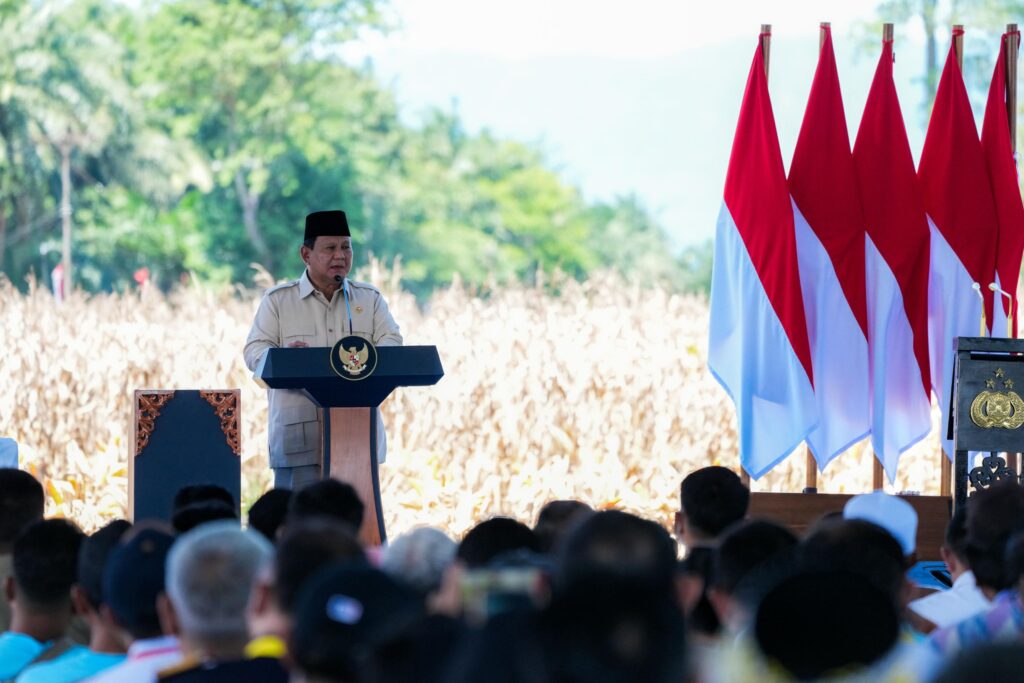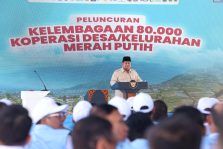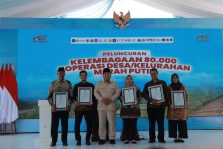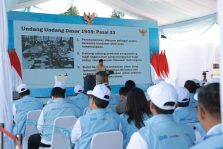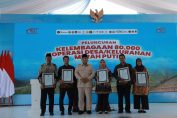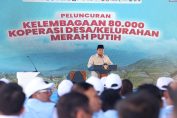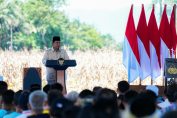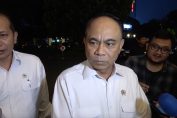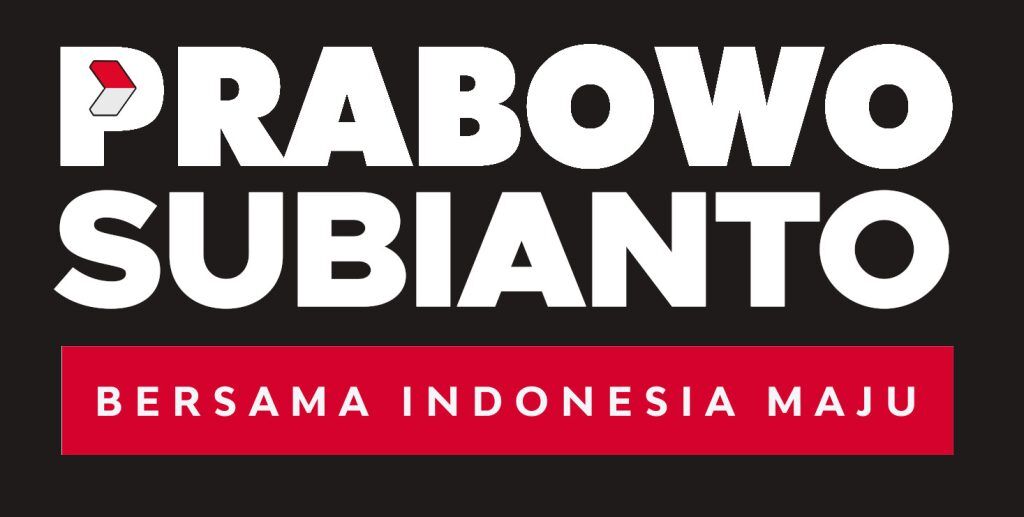Jakarta, July 20, 2025 — President Prabowo Subianto is set to inaugurate the Koperasi Desa/Kelurahan Merah Putih (Village/Urban Cooperative “Merah Putih”) on Monday, July 21, 2025. This initiative is part of the President’s sixth Asta Cita (Visionary Aspiration), aimed at revitalizing local economies and initiating poverty alleviation from the village level.
According to Hasan Nasbi, Head of Presidential Communications, Kopdes Merah Putih is one of three core strategies—referred to as the “trident of poverty eradication”—introduced under President Prabowo’s administration. This trident has been rolled out throughout July 2025.
“The first spear is health, the second is education, and the third is socio-economic development,” Hasan explained on Sunday (July 20).
Each element of the trident is represented by a concrete government program: the Free Health Check Program in Schools, the People’s School, and the Kopdes Merah Putih. These three initiatives underscore the administration’s commitment to delivering real, measurable welfare improvements—beyond ceremonial gestures.
The Kopdes Merah Putih program was launched through Presidential Instruction No. 9 of 2025 on Accelerating the Establishment of Village/Urban Cooperatives Merah Putih, which came into effect on March 27, 2025.
The program seeks to build the national economy from the village level upward, aiming to reduce inequality and emancipate communities from poverty. Thirteen ministries and two national agencies are involved in its implementation, alongside governors, mayors, regents, and village heads across Indonesia.
Poverty, the program notes, is the root cause of limited public access to essential services, such as quality education, healthcare, and basic infrastructure. According to the 2025 Statistics Indonesia (BPS) data, as of September 2024, 24.06 million Indonesians (or 8.57% of the population) were living in poverty, with 3.17 million classified as experiencing extreme poverty.
This persistent poverty poses a major obstacle to realizing the vision of Indonesia Emas 2045 (Golden Indonesia 2045). It hampers human capital development by restricting access to quality education, vocational training, adequate healthcare, and sufficient food and nutrition.
Adita Irawati, Senior Expert at the Presidential Communication Office (PCO), announced that 80,000 Kopdes Merah Putih institutions will be formally launched on Monday, July 21, with 103 cooperatives designated as model prototypes. These pilot units will be observed for operational success and replicated across other villages, with full implementation targeted for October 28, 2025.
“These 103 Kopdes will serve as proof-of-concept. The remaining cooperatives are being prepared gradually to ensure that once they are established and operating, they provide tangible, optimal benefits to local communities,” Adita explained.
Kopdes Merah Putih adopts an inclusive, modern, and community-driven (gotong royong) approach. The cooperatives are expected to strengthen rural economies, improve food security, and ultimately reduce poverty.
With the expansion of Kopdes Merah Putih, illegal lending operations, predatory lenders, and middlemen exploiting rural economies are expected to be eliminated. The initiative also holds the potential to boost local businesses, shorten supply chains, and improve access to key resources and services in rural areas.
The program places particular emphasis on prosperity for farmers, as the cooperatives will purchase agricultural products directly—cutting out exploitative intermediaries. Shorter supply chains are expected to weaken the grip of middlemen and reduce prices for consumers.
Kopdes Merah Putih will be developed through three main strategies: establishing new cooperatives, expanding existing ones, and revitalizing underperforming cooperatives. Institutional components will include cooperative offices, basic food outlets, savings and loan units, rural clinics and pharmacies, cold storage facilities, and logistics distribution hubs.
“These facilities are designed to help communities access affordable essential goods, secure loans without turning to loan sharks, receive nearby healthcare services, and safely store agricultural and marine harvests. The logistics chain will also operate more efficiently,” Adita concluded.

